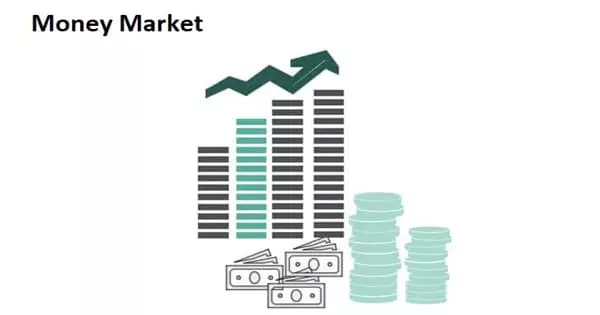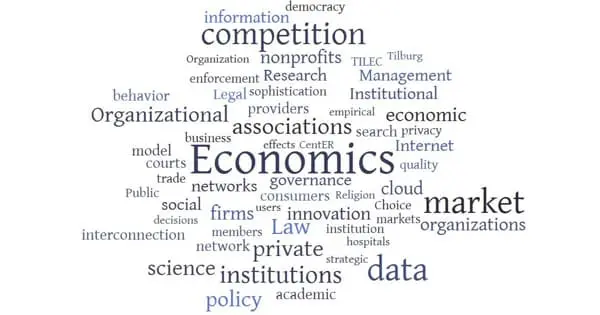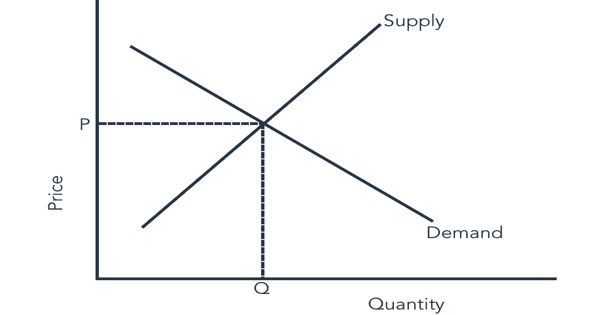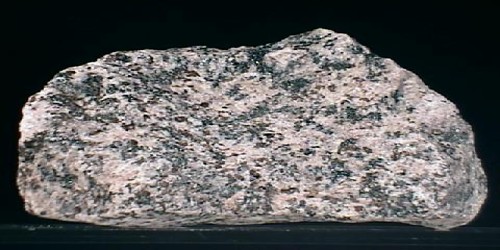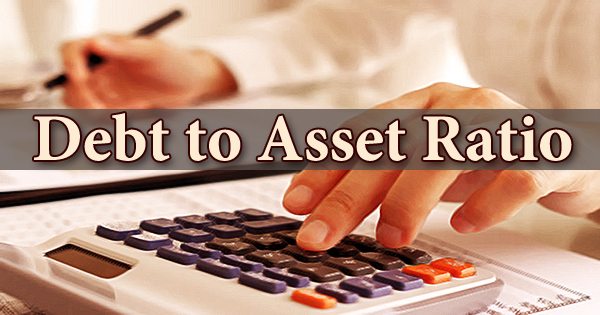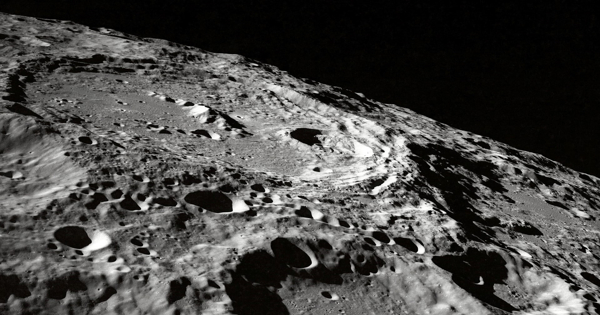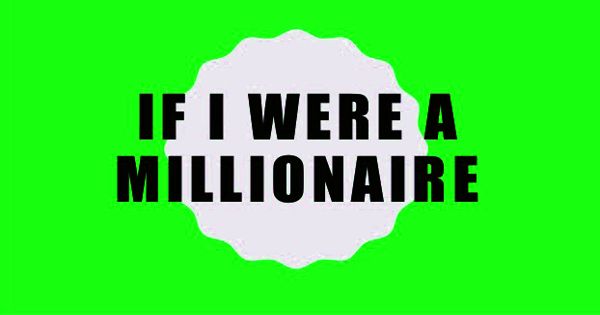Trading in very short-term debt investments is referred to as the money market. The money market is an economic component that provides short-term funds. It involves large-volume trades between institutions and traders at the wholesale level. The money market specializes in short-term loans of one year or less. It includes money market mutual funds purchased by individual investors and money market accounts opened by bank customers at the retail level.
The money market is a segment of the financial market that trades financial instruments with high liquidity and short maturities. The money market has evolved into a component of the financial market for the purchase and sale of securities with short maturities of one year or less, such as treasury bills and commercial papers. Over-the-counter trading is a wholesale process in the money market. It is used by the participants as a way of borrowing and lending for the short term.
It involves large-volume trades between institutions and traders at the wholesale level. As short-term securities became commodities, the money market evolved into a component of the financial market for assets engaged in short-term borrowing, lending, buying, and selling with original maturities of one year or less. Money market trading is done over the counter and in bulk. The vast majority of money market transactions are wholesale transactions between financial institutions and businesses.
In most Western countries, money market instruments such as treasury bills, commercial paper, banker’s acceptances, deposits, certificates of deposit, bills of exchange, repurchase agreements, federal funds, and short-term mortgage- and asset-backed securities are available. Money markets, for the most part, provide those with funds banks, money managers, and retail investors with a way to make safe, liquid, short-term investments, while also providing borrowers banks, broker-dealers, hedge funds, and nonfinancial corporations with access to low-cost funds. The maturities, currencies, credit risks, and structures of the instruments vary.
If a market is made up of highly liquid, short-term assets, it is referred to as a money market. Money market funds typically invest in government securities, certificates of deposit, corporate commercial paper, and other low-risk, highly liquid securities. The term money market refers to a broad category of secured transactions that vary according to the needs of lenders and borrowers. Commodity money, fiat money, fiduciary money (cheques, banknotes), and commercial bank money are the four most important types of money. Commodity money is based on inherently valuable commodities that serve as a medium of exchange. Fiat money, on the other hand, is backed by government orders.
Money markets, which provide liquidity to the global financial system, including capital markets, are a component of the broader financial market system. One effect of the financial crisis has been to draw attention to the differences between various segments of money markets because some proved to be fragile while others proved to be quite resilient.
The money market is an unregulated and informal market that is not structured like the capital markets, which are formalized. The money market provides a lower return to investors who invest in it, but it does offer a wide range of products. It is now simpler to withdraw money from the money market. Money markets differ from capital markets in that they are used for a shorter period of time, whereas capital markets are used for longer periods of time.
